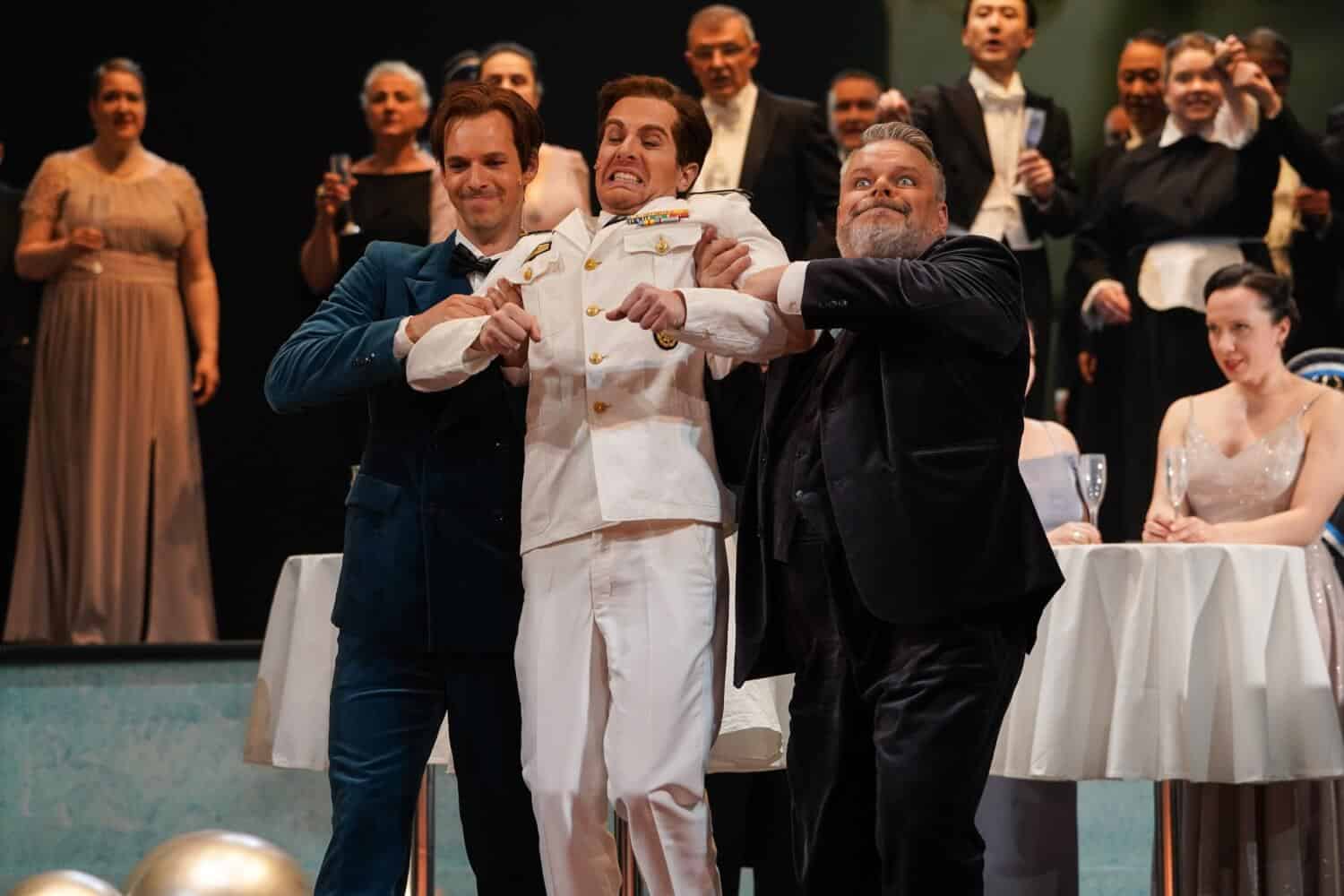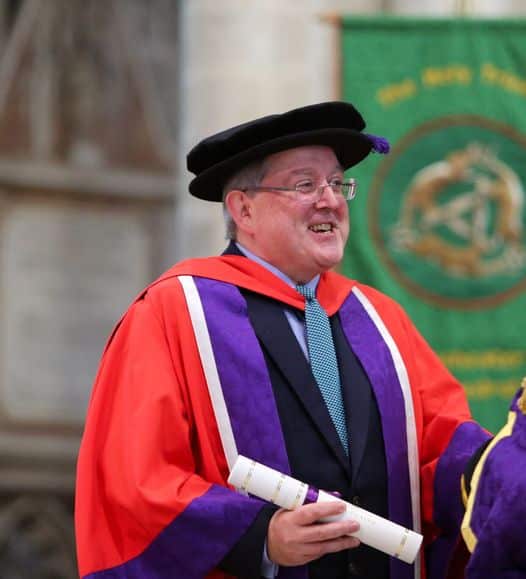Last Composer Standing – the top three
mainIn light of technical and security difficulties – think Afghan election – polls for the most durable composer will remain open until 1800 EST (2300 GMT) Monday Nov 16. The response has been far heavier than expected and the spin-off discussions will run and run.
Early returns show Pärt leading by a tiny margin from Reich and Adams, with Glass and Golijov strongly in pursuit.
There is a heavy weighting towards US composers of a minimalist/anti-modernist tendency.
It’s not too late to change the result. I’ve been surprised by the absence of, for instance, Tan Dun, Magnus Lindberg (the New York Phil’s resident), Kalevi Aho, Michael Nyman, Michel van der Aa, Wolgang Rihm (just one vote so far) and Penderecki (though two other Poles are, as it were, polling well).
Vote now for the composers most likely to be heard in 2059. Vote here, or tweet @NLebrecht





Harmonie, harmonie, harmonie… -> http://www.youtube.com/watch?v=kiY7c3fAxqI&fmt=18 Anyway, if you throw in Michiel van der Aa, maybe Rosalie Hirs will stay longer. That also puts the thought in mind, it also depends “where” these composers will be played. If you are a mediocre English composer, it could easily happed you be played even longer then 50 years after your death… Same counts for Dutch composers in the Netherlands (as we have very few of any statue!
So, besides Rosalie Hirs I thinks that, at least in the Netherlands, Dick Raaymakers will be played (or his alter ego Kid Baltan -> http://www.youtube.com/watch?v=HW-n6GWFAvI&fmt=18
And finally John Adams, as he finds a way to make tonal music sound afresh again…
Greetings,
Rolf den Otter
NL replies: Rolf, you have a point. US listeners prefer US composers, UK and Dutch concertgoers the same – they speak the same language. But music is supposed to be universal and there is perhaps something significant in the overwhelming appeal of Pärt and Gorecki, transcending national and faith boundaries. I’ve been very much intrigued by this online discussion since it veers some distance apart from the hierarchies imposed by the music establishment.
as much as i enjoy the idea of this ‘election’ … the “weighting” is more about celebrity and spin than anything substantive regarding musical lives, rubrics, destinies … maybe celebrity and spin IS our destiny?
my dream is that The World Of Concert Music will continue to evolve and expand and by 2059 there will be so much tolerance and curiosity and generosity that we won’t even ponder the “top” anything … we will just be listening different.
great to have the conversation, though.
thank you!
NL replies: Do keep the conversation going. I don’t think it’s about celebrity or spin, more about promotional muscle and geographic chance. Corigliano, good composer that he is, has not received a single v ote from outside the US. Magnus Lindberg, on the other hand, with huge promotion in LA and NY, has not received a single vote from anywhere. It’s a more interesting conversation than I expected.
I don’t think any of the composers listed will have a significant public 50 years from now. These considerations about posterity stem from a concept that evolved during the romantic and modernist eras that saw the composer as the Genius Seed of the Cultural Nation. Composers were to define the nation and assert its identity in the world. At the same time, past composers were revived as cultural patriarchs identifying the nation state. The polemic surrounding the rediscovery of J.S. Bach and Mozart are good examples, as was Brahms’ use of Beethoven. Modernist composers continued these conceptions of the composer as a symbol of national identity. The Genius Seed even began to think of himself as writing specifically for national posterity – as did the public.
In our global world, this kind of cultural nationalism is already fading, and by 2059 will be almost entirely anachronistic. The function and definition of composers will change accordingly, along with a dissolution of the view of the Genius Composer as a symbol of national posterity. The generation of Copland and Britten was probably the last fully engaged with this view.
We will also see corresponding changes in music journalism which came into being and evolved at the same time as the rise of European cultural nationalism. The most central function of the music journalist was to define and celebrate the composer as an image of national cultural genius. (The Zeitschrift feur neue Musik, for example, was founded almost exactly with this ethos.) These ideas still remain, of course, and we see them affecting even this discussion, but they are already fading fast. As the conception of the GSCN fades into history, so too will music journalism as we know it, hence the problems we are seeing in the field today.
William Osborne
http://www.osborne-conant.org
I gave this a lot of thought and came to the conclusion that a composer’s durability depends on the success of a few pieces. This success can come from several different perspectives, for instance: that of the audience, the performers, or academics. Possibly other perspectives, too.
I started a list of such pieces and would love suggestions of pieces to add or subtract: http://bit.ly/3pnzfE
As it turns out, I found good, clear examples of successful pieces among the current top vote-getters.